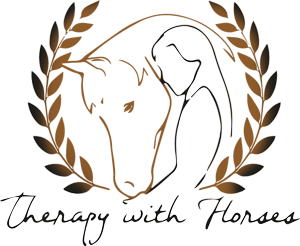THERAPY WITH HORSES
Further InformationEVIDENCE BASE/ RESEARCH
The demand for therapeutic interventions with horses has resulted in numerous reviews evidencing positive outcomes.
There are a number of terms used to refer to therapeutic work with horses. These include Equine Facilitated Therapy, Equine Guided Learning, Equine Assisted Therapy, Equine Assisted Interventions, and the lesser-known term “hippotherapy”.
This field of practice arose during the 1970s as an alternative to traditional talking therapies. Equine Facilitated Therapy is increasingly being used to promote both emotional growth and learning. The demand for therapeutic interventions with horses is growing. Benefits have been seen across a broad range of presenting issues, related to mental health.
The following excerpts are from findings, related to, Equine Guided Learning:
How it works
The number of sessions is entirely your choice, however, we recommend eight sessions.
Why Horses
Horses have an innate ability to sense subtle changes in their environment.


